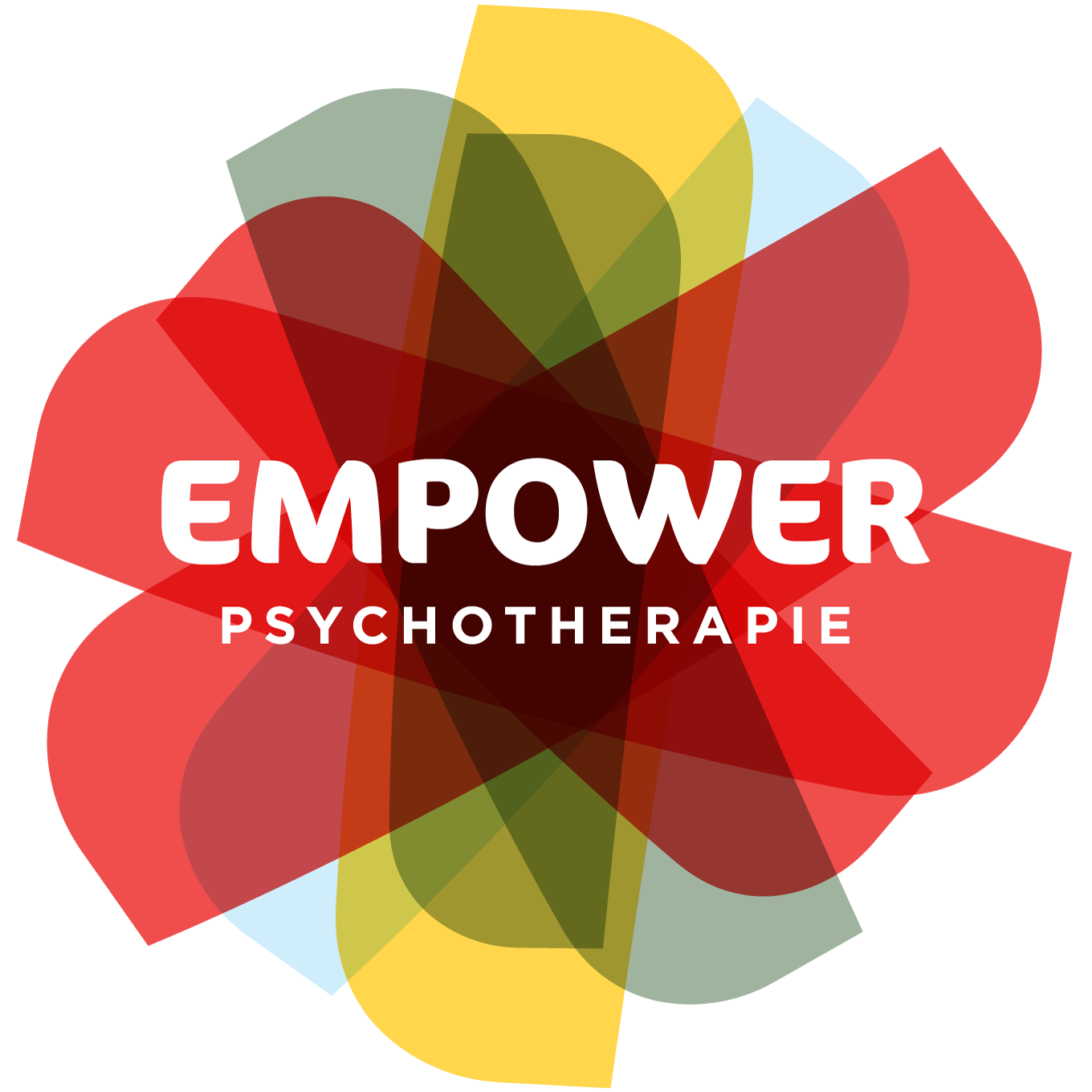Below is the most important information for new clients. Read the information carefully! Other information can be found on other pages on this website.
Before your introductory meeting
Before your non-committal introductory meeting you must have a referral letter from your general practitioner/company doctor. This should state that the doctor refers you to the Basic Mental Healthcare (GB-GGZ) or to the Specialized Mental Healthcare (G-GGZ). We offer treatment in both varieties of mental healthcare. Send us your letter after applying on our website, or ask your doctor to send it to us. Here is more information for your general practitioner/company doctor (Dutch).
During your non-committal introductory meeting
You will have a non-committal introductory meeting with one of our main practitioners. The introductory meeting is an informal conversation, non-committal and it lasts about 45 minutes. The goal is to get mutually acquainted. Read “Phase 2” on this page for more information about the introductory meeting.
To prepare yourself for the meeting you can also read the folder on psychotherapy from our professional association (the LVVP).
After the meeting you will determine together with your main practitioner whether you will start therapy with us. Any doubts? Then take your time to think about it at home. If you decide not to start therapy with us, then we will not charge you or your health insurer. If you do decide to have therapy with us, the introductory meeting becomes part of your treatment and will be invoiced, even when you later revert your decision to have therapy with us. This is because we will process all information that you provided during the introductory meeting, and discuss with colleagues who would be the best therapist for you, which is time-intensive.
Please note: Take a valid proof of identity (ID card, driving license or passport) with you to the introductory meeting.
If you decide to start therapy with us
Then your main practitioner will decide with you which practitioner would suit you best. It is possible that the main practitioner will conduct (part of) the treatment themselves, but this can also be done by a different practitioner under the responsibility of the main practitioner. The main practitioner retains final responsibility for your therapy and leads the direction of your treatment with you.
Furthermore you will sign a treatment agreement which describes your rights and responsibilities. You can see an example here. By signing the treatment agreement you also agree to the terms and conditions of Empower. You can read our terms and conditions here. Signing of the agreement is done digitally on your practitioner’s computer during the appointment after the introductory meeting. You will automatically be sent copy via email after signing.
During you therapy
Together with your practitioner you will draw up a treatment plan. This contains among other things the goals that you want to achieve with your treatment. You will also sign the treatment plan digitally on your practitioner’s computer.
If you are dissatisfied with (the progress of) your therapy, try to discuss this first with your (main) practitioner. If you are not able to work it out together we have a complaints procedure that you can find here.
If you don’t come to an appointment or cancel an appointment less than 24 hours in advance this is called a no-show. We are allowed to send you an invoice of € 50,- per no-show. You must pay this yourself and you typically can not get reimbursements for this from your healthcare insurer.
In case of crisis
Do you require immediate attention during your therapy and are you unable to reach your therapist? Call the Dutch emergency number 112, your general practitioner / “huisarts” or after business hours the “huisartsenpost” in your city.
After your therapy
At the end of your therapy we will usually invoice your directly with the deed you signed at the beginning. You don’t have to advance payment for any invoices. In some cases you’ll have to take care of reimbursement yourself.
Would you like more information about the treatment process at Empower? Read more on this page.
Do you have any questions? Then get in touch with the person you have/had the introductory meeting with. Have you not yet requested an introductory meeting? Then apply here.
The effect of an official diagnosis
Some clients are worried about the consequences if they are officially diagnosed. For example, whether they will be able to take out insurance afterwards. The Board of Human Rights has indicated that for some insurances, such as life insurances, the premium may be slightly higher. However, no one may be refused insurance because of an established diagnosis. Other effects are not known to us.
